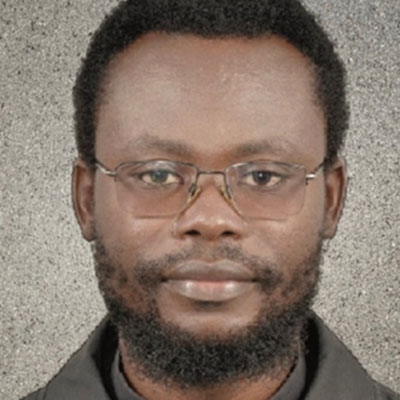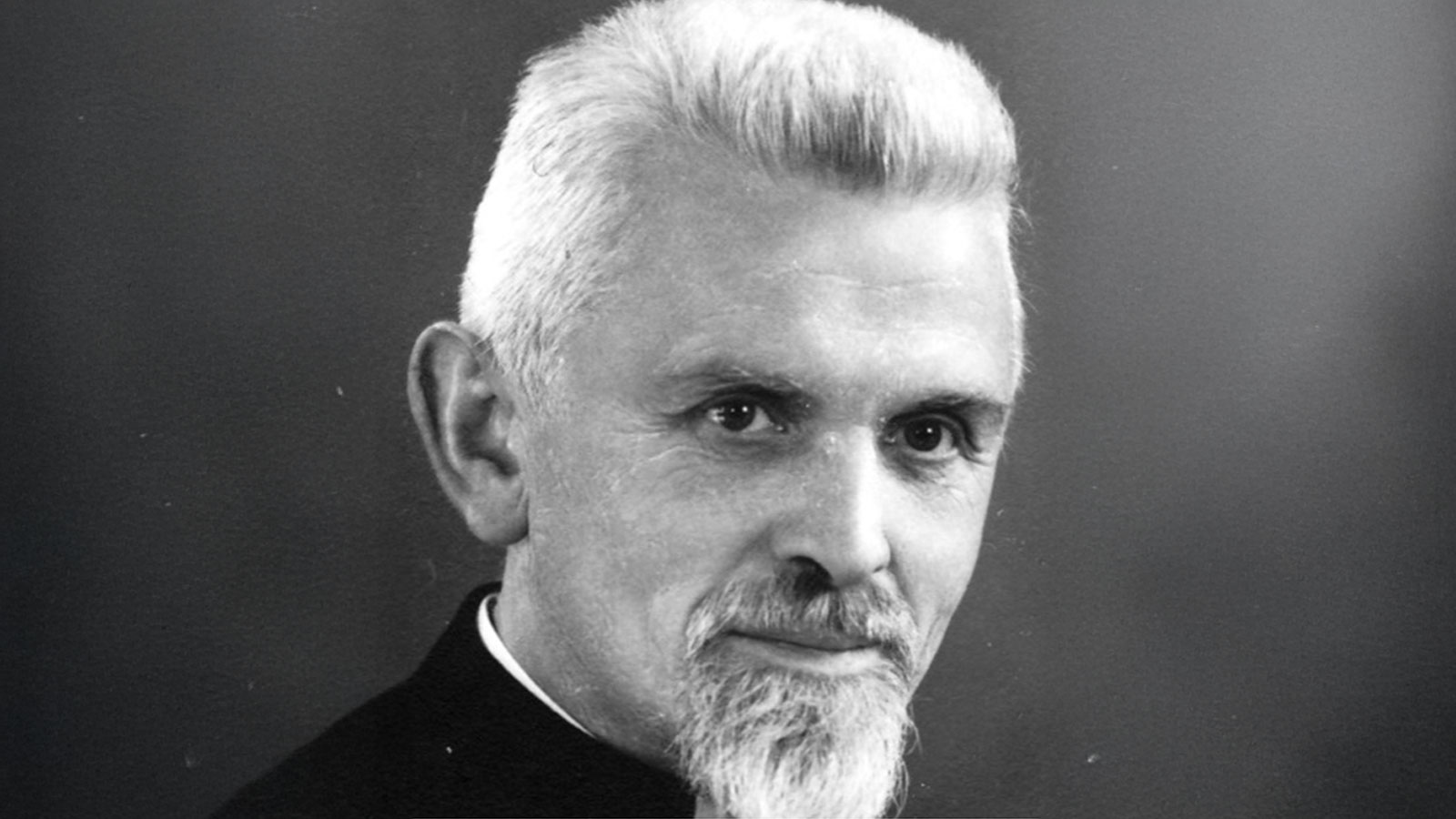 By Khonde Ntoto Frederic, cicm
By Khonde Ntoto Frederic, cicm
Missionary in Japan
The contemporary world faces many issues of particular concern to the Church. Two of these issues are the threat of nuclear war and climate change. Nuclear-armed countries such as the USA, France, the UK, India, Pakistan, China, and Russia have dedicated a significant budget for the modernization of their arsenal. Such a move and the seemingly growing banalization of the threat of using nuclear weapons in the rhetoric of some leaders have alarmed many around the world, including the UN Secretary-General, about the risk of nuclear destruction.
There are concerns that Russia could use nuclear weapons in its invasion of Ukraine and that China's arsenal is growing. While North Korea has continued developing its missile and nuclear programs, research on the nuclear development of countries such as Iran with its possible repercussions in the Middle East region and the world has been a significant concern for the international community. However, despite the fear of nuclear proliferation notably to the wrong hands, the nonproliferation of nuclear weapons (1968), commonly known as the Nonproliferation Treaty or NPT, has so far been signed by 93 countries and regions and ratified by 69 of them. None of the countries that possess nuclear arms has ratified the Treaty.
The international community is facing a challenge on the climate change front. The 28th United Nations Climate Change Conference (UNFCCC), also known as COP28, was held from November 30 to December 12 at Expo City, Dubai, United Arab Emirates. While the conference acknowledged the need to move away from fossil fuels, it received criticism for not making a clear commitment to either phase out or phase down their use. China and India, for instance, did not pledge to triple their renewable energy output and instead committed to coal power. All these uncertainties raise questions about the role of the Church's mission in a world threatened by nuclear war and climate change. While some people believe that the present challenge is related only to survival on an Earth threatened by disastrous climate change, this can be misleading as peace and justice are still part of the Church's mission today.
Climate change and nuclear proliferation have significant implications for people's well-being, including their security and rights. The Church's justice, peace, and creation stewardship mission is integral to addressing these issues. The World Council of Churches has phrased it as "Peace, justice, and the integrity of creation." Pope Francis' encyclical, Laudato Si (2015), emphasizes the need to defend people experiencing poverty and protect their natural environment. The Church's efforts to address the impact of climate change in Latin America is one case worth highlighting.
The Pan-Amazon Ecclesial Network (REPAM) has been working to protect the Amazon region's indigenous peoples and natural resources from exploitation since March 2015. REPAM was set up in 2014 in answer to the grave concerns of Pope Francis and the Latin American Church regarding the "deep wounds that Amazonia and its peoples bear." The network promotes the defense of the Amazon region's life, earth, and cultures, and its work includes:
- Enabling indigenous leaders to be heard on the world stage.
- Training community leaders and pastoral workers in their human and environmental rights.
- Supporting human rights defense cases.
- Protecting the tribes of the Amazon.
- Affirming their right to live undisturbed.
For example, in September 2018, REPAM led a delegation to the European Union with two indigenous leaders from Brazil to report on rights abuses in their territories. The leaders also spoke at the UN in April 2018 on human rights violations and environmental destruction in Peru and Brazil. REPAM is a concrete example of engagement to promote JPIC by working with and empowering local communities. Although the context of the Amazon region may differ from ours, we can undertake various initiatives with local communities.
During the JPIC session held in March 2023 in Rome, I was particularly impressed by how the confreres from Belgium, along with other congregations and organizations, successfully influenced the European Union on a case involving the rights of migrants. Although non-nuclear proliferation and climate change are significant issues that may seem beyond our capacity, there are possible ways to contribute to the world's efforts if the will exists. For example, we can work with local communities to raise awareness or empower them. We can also participate in religious networks that are actively involved in the same issues or support financially, materially, and morally local and international organizations who are doing the same work. In one of our meetings here in Japan as a JPIC district committee, I was impressed by how one committee member repeatedly mentioned the issue of nonproliferation and supported the work of organizations involved in these issues, such as Amnesty International, which works with human rights issues.
Standing for Justice, Peace, and Integrity of Creation is a significant aspect of our mission as missionaries in today's world. We must raise awareness and interest in this field while providing the necessary resources. There are various ways in which we can contribute as individuals and communities to minimize climate change and prevent nuclear proliferation. §







